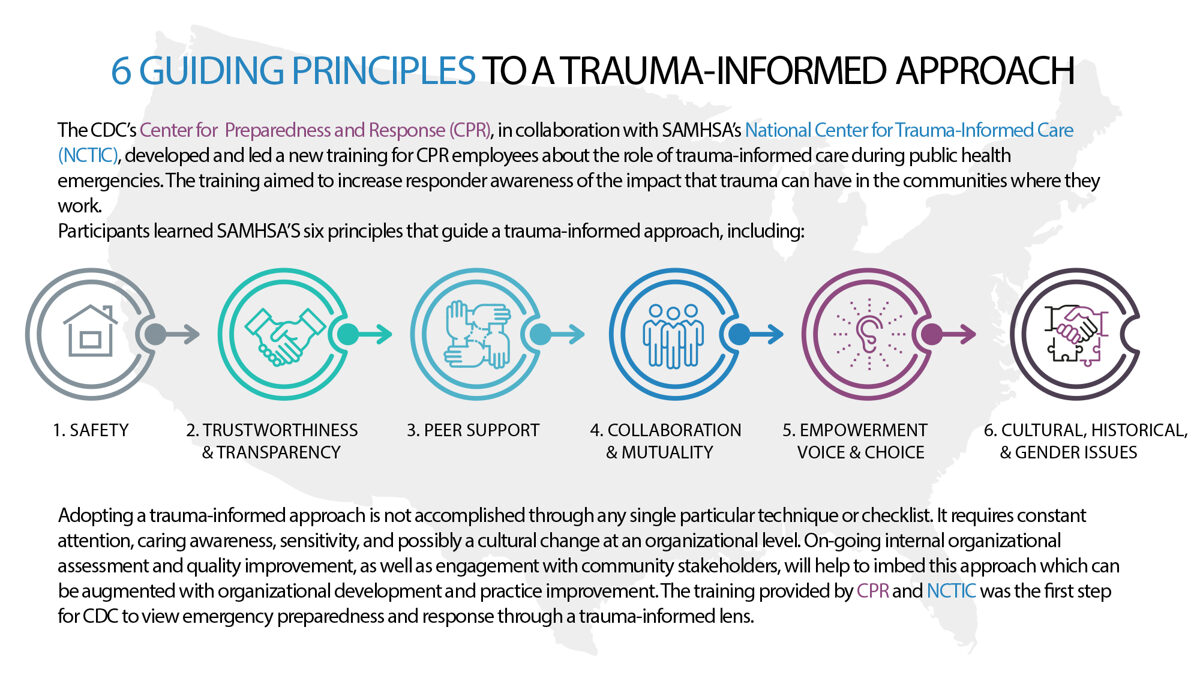What Is Trauma?
Individual trauma is the result of an event (or series of events) that a person experiences as physically and/or emotionally harmful or life-threatening. This event (or events) has lasting negative effects on the person’s functioning and mental, physical, social, emotional, or spiritual well-being (SAMHSA, 2014).
There are other types of trauma that families may have experienced, including historical trauma (a traumatic event or events that have occurred across generations to a specific cultural, racial or ethnic group), racial trauma (resulting from ongoing experiences of racial/ethnic bias or discrimination), or systemic trauma in which the actions of systems or institutions result in, or worsen, trauma over time for an individual or group (Brave Heart, M. Y. H., 1999; American Psychological Association, 2019; Goldsmith et al., 2014).
more than two-thirds of children in the United States reported at least one traumatic event by age 16 (SAMHSA, 2023). Potentially traumatic events include (SAMHSA, 2023): abuse or assault (physical, psychological, or sexual); maltreatment or neglect; community or school violence; witnessing or experiencing domestic violence; the sudden loss of a loved one; life-threatening illness; and natural disasters, terrorism, or refugee/war experiences.
Applying Trauma-Informed Principles to Work with Family Advocates (ZERO TO THREE)
